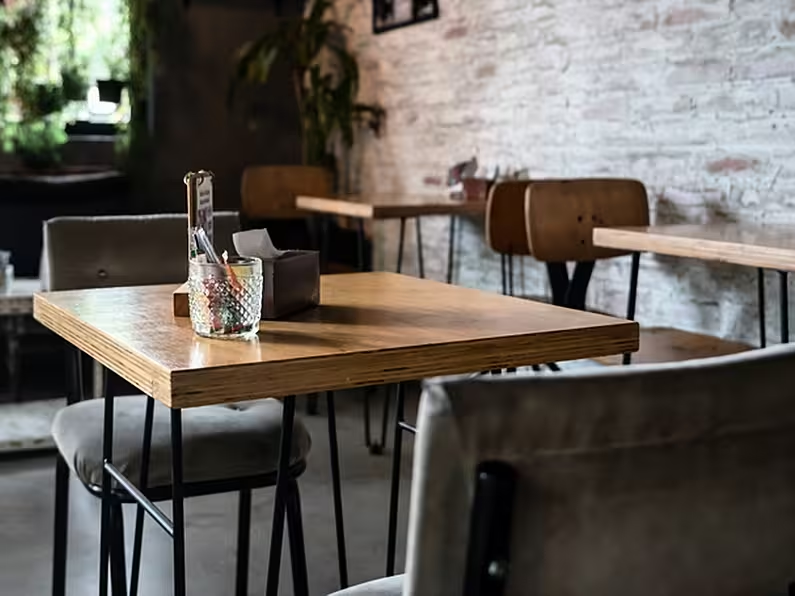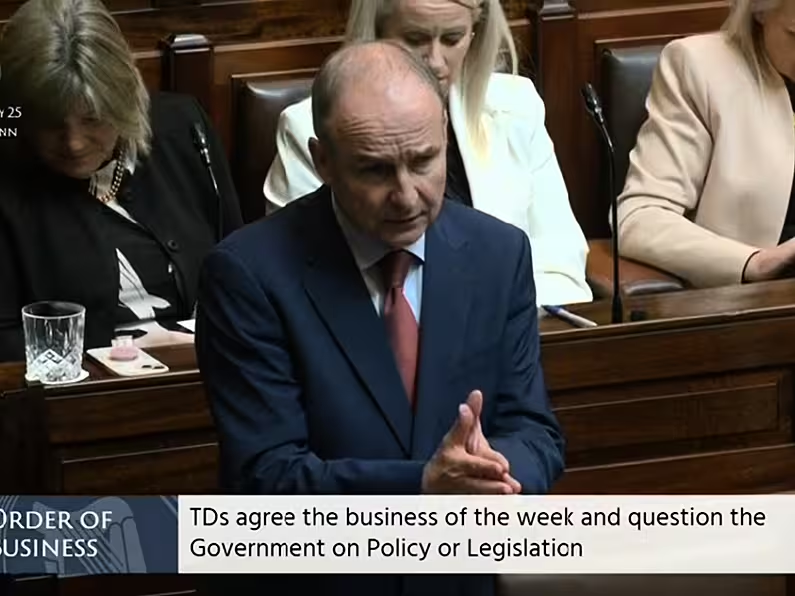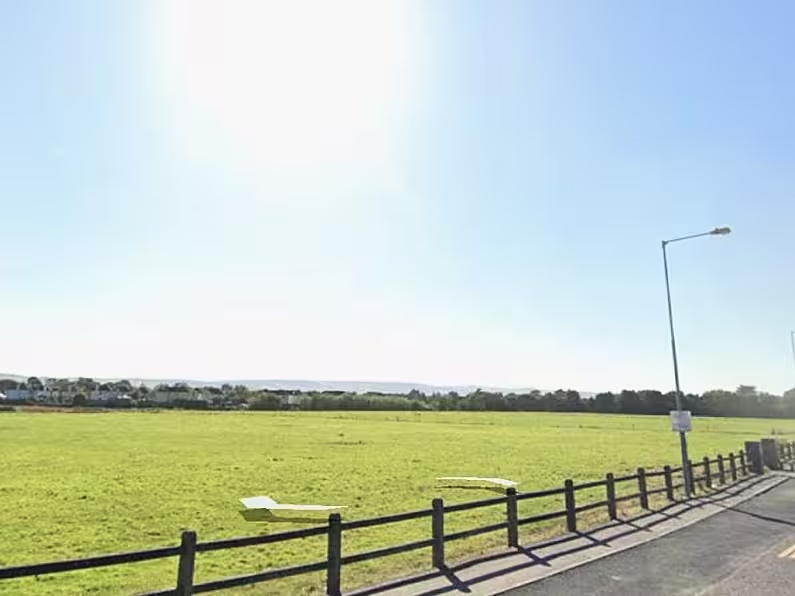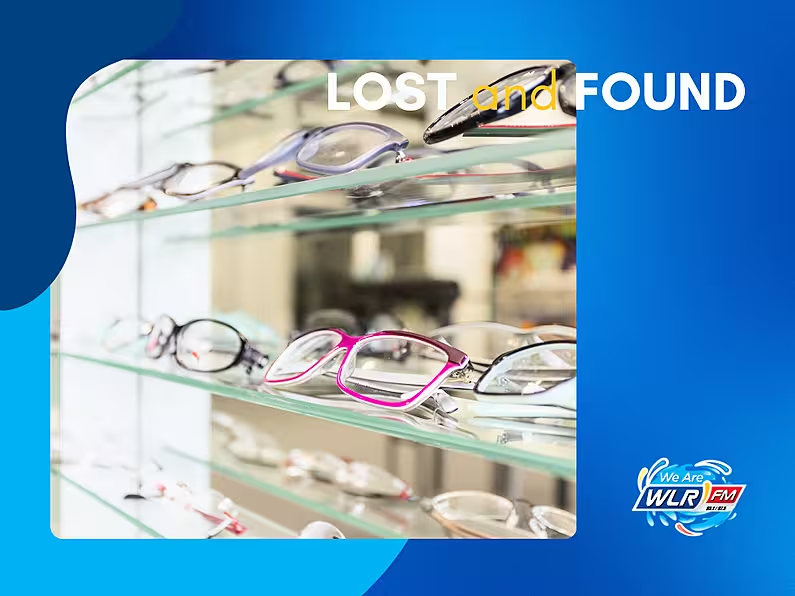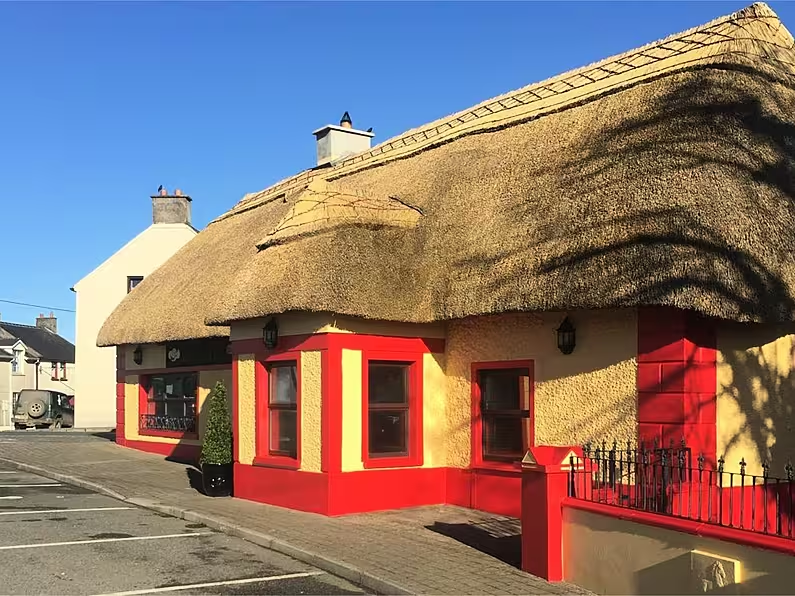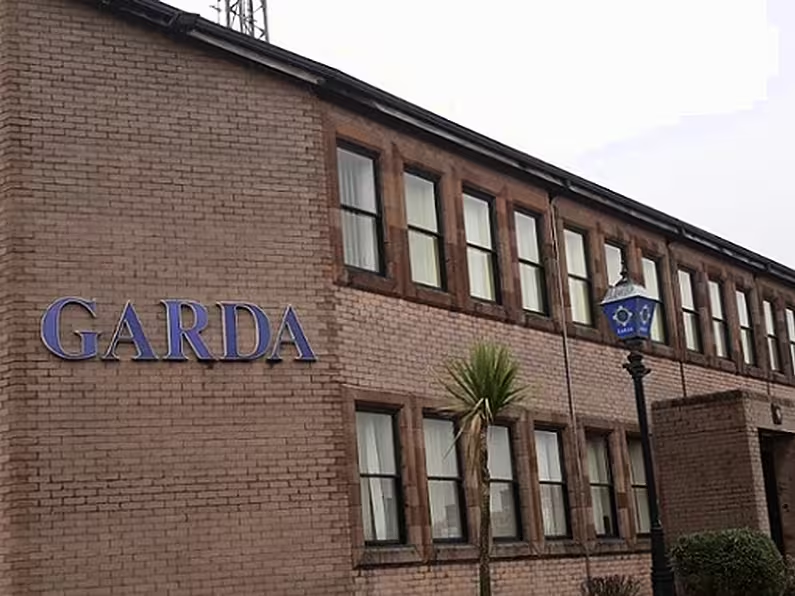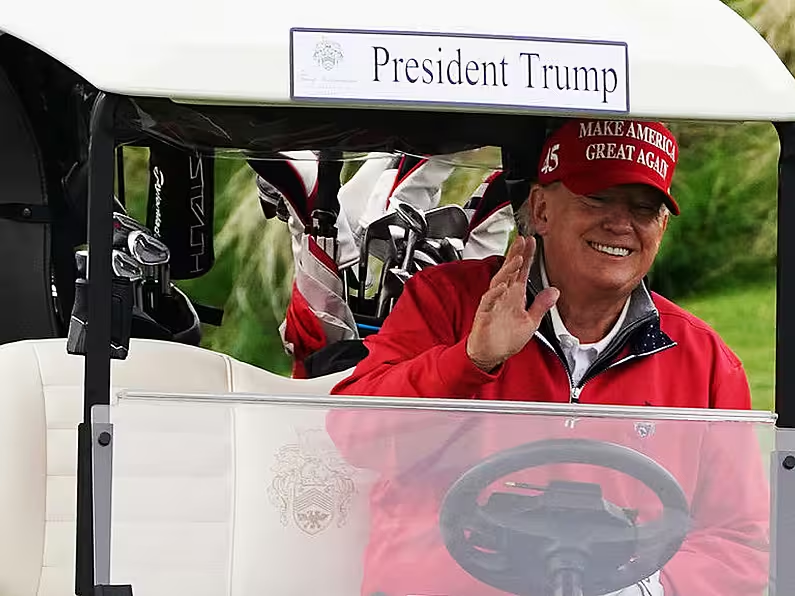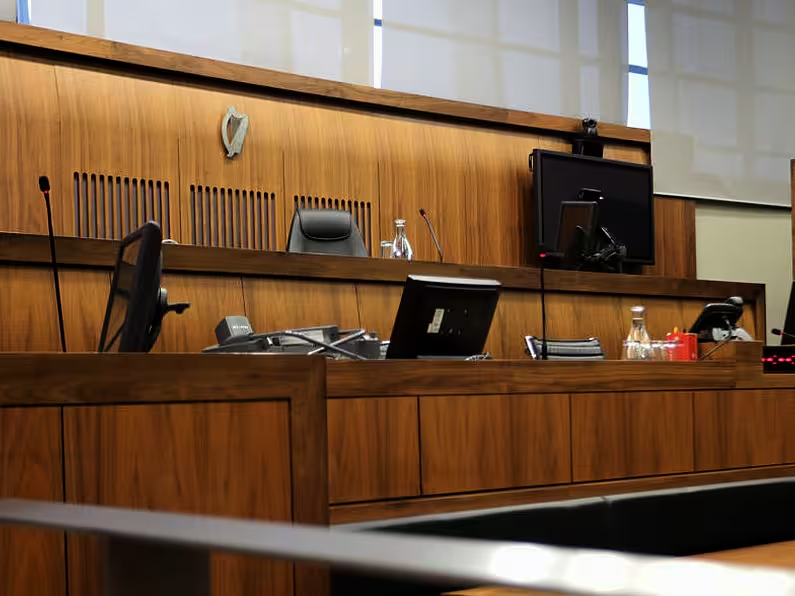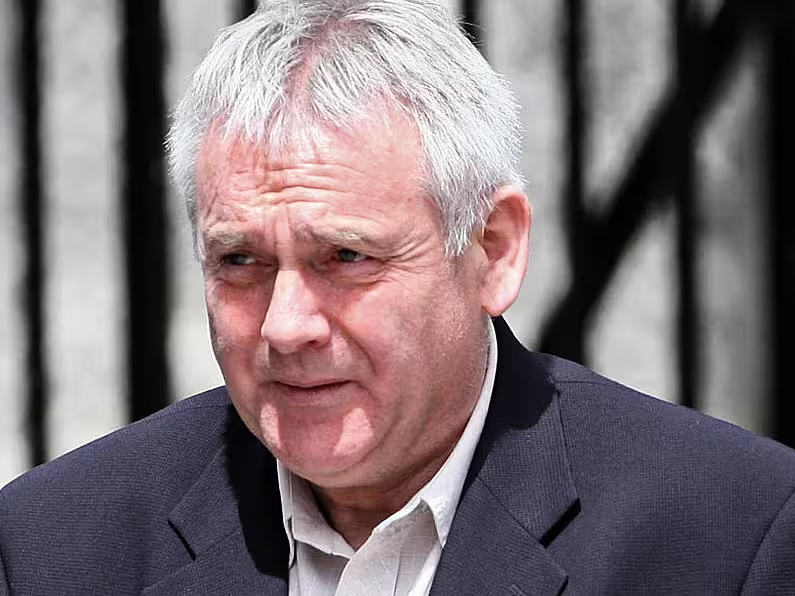Almost 600 restaurants, cafés and food businesses have been forced to close their doors in less than a year due to a hike in VAT rates, an industry watchdog claims.
Since last September, 577 have been “forced to close their doors for good” since the rise in the VAT rate from nine to 13.5 per cent, according to the Restaurants Association of Ireland (RAI).
The nine per cent rate was in place for 10 of the past 12 years.
The Association claims that over the last 11 months, food-led hospitality businesses have been faced with a “decision to either erode their competitiveness or take a 4.5 per cent hit to the bottom line”, at a time when energy and food costs have already “exploded”.
As such, a large number - though not all - of these closures would have been prevented if the lower VAT rate remained in place, the RAI said.
A total of 45 restaurants, cafés and other food-led businesses ceased trading last month, the RAI pointed out.
The largest number of closures occurred in January last with 101 closing for good, followed by 73 in December and 71 in February.
In a recent survey of 212 RAI members, 74 per cent of respondents believe they will have to close their businesses if the VAT rate on food is not reinstated to nine per cent in October’s Budget.
Furthermore, 66 per cent of respondents admitted they would have already shut their doors if not for the ongoing campaign advocating for the return of the lower VAT rate.
The survey's findings follow the stark conclusions of a recent economic report by leading economist Jim Power, which detailed the far-reaching impact of restaurant closures on the economy.
The report, titled The Economic Impact of Restaurant Closures’ found that the average closure costs the State and economy up to €1.36 million, with each closure also resulting in the loss of 22 direct jobs.
According to the representative body, closures have now reached a level that means the higher rate of VAT on restaurants and cafés has started to actually cost the State money because of unintended knock-on economic impacts.
Adrian Cummins, RAI CEO said that while the pace of closures has slowed slightly during the summer compared to the “tsunami” witnessed at the beginning of the year,” this was expected” by them.
Mr Cummins explained that many food-led businesses “are holding on by a thread, hoping the busy season” will provide some relief and that the government will act in October’s Budget to restore the nine per cent VAT rate.
”But the reality is that these businesses are still in crisis and, without a return to the lower VAT rate, we are guaranteed to see another wave of closures as we leave the summer behind and move into the hospitality sector’s quieter months,” he added.
The Association believes that ”the current situation is “unsustainable" and that members face “a broken model”.
“Restaurants are busy but costs have risen to an extent that has resulted in margins all but collapsing. Budget 2025 will be judged by the entire hospitality industry solely on the Government’s decision to reinstate the nine per cent VAT rate on food or not,” Mr Cummins noted.



